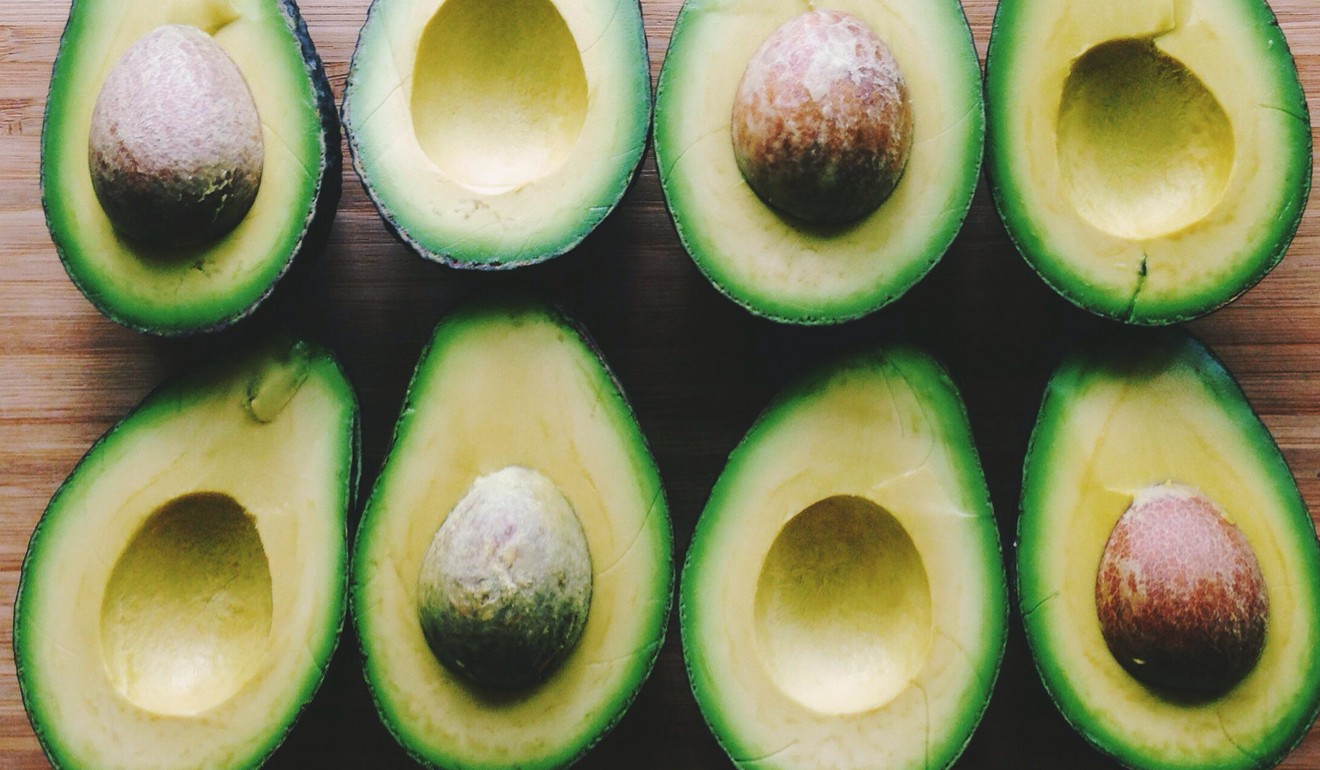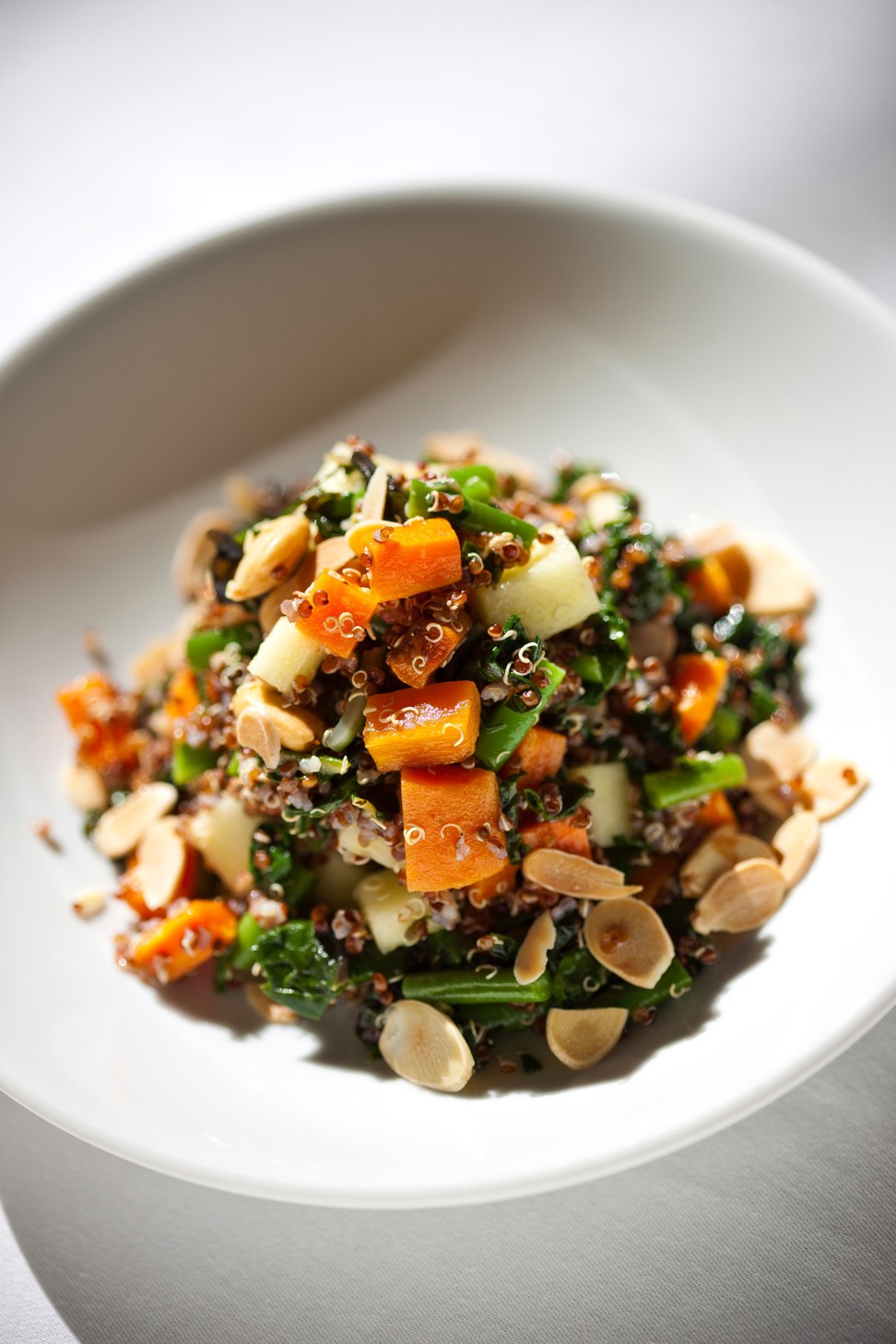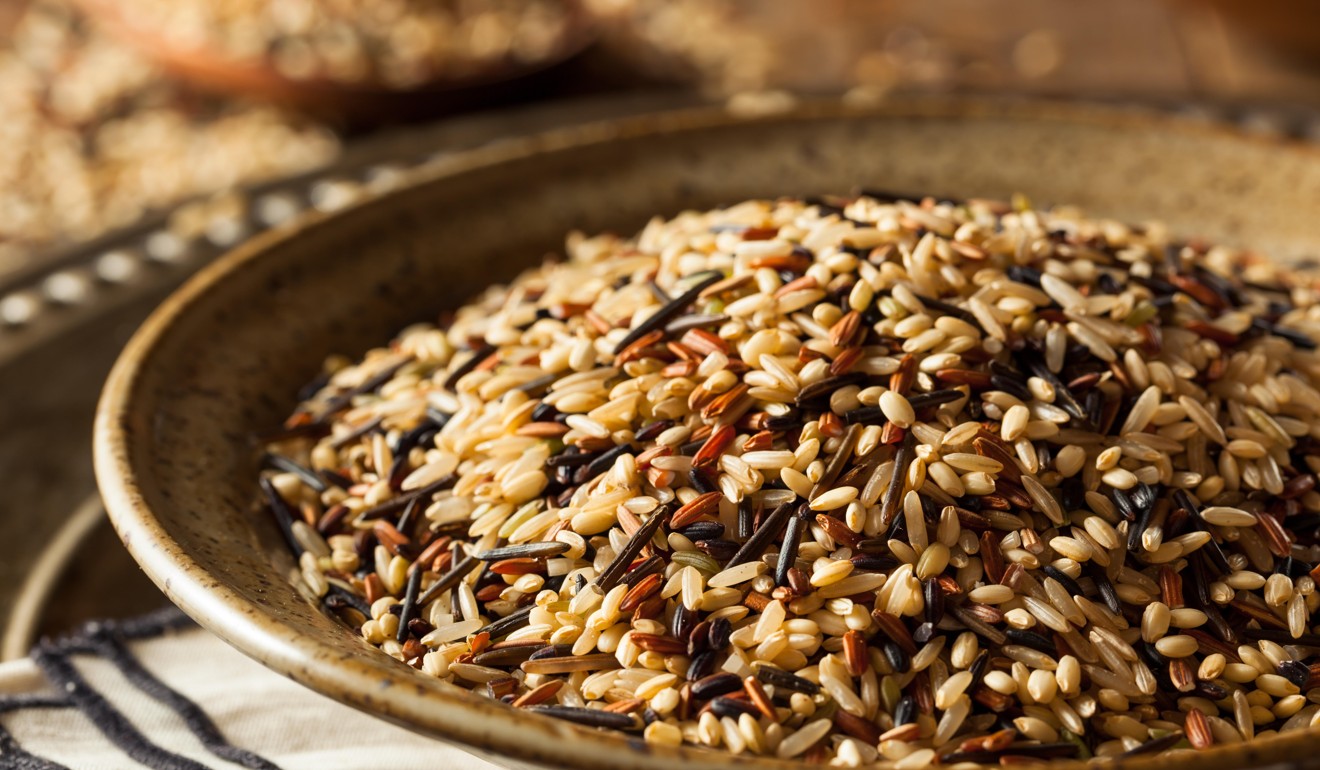
Why swapping processed foods for whole foods helps weight loss – nutritionists explain the science behind shock research findings
Grains, fresh fruit, oats, hard cheeses, nuts – whether you choose a low-fat or a low-carb whole food diet, you will shed the kilos regardless of calories or portion size. Why? They’re more nutritious, higher in fibre and lower in sugar than processed foods
If you’ve ever followed a diet, you were probably told that if you wanted to lose weight, you had to limit your calorie intake. But a new study, published in February in the Journal of the American Medical Association, found that counting calories may not be key to shifting those extra kilos and keeping them off in the long run.
Instead, the study revealed that people who consumed less sugar, refined grains and processed foods but ate more whole foods and plenty of vegetables, without counting calories or controlling their portion sizes, lost significant amounts of weight over 12 months.

The study also pointed out that the results were the same whether the participants followed a low-fat or a low-carbohydrate diet; the participants were simply encouraged to choose the highest quality foods that they could reasonably find, realistically afford and enjoy.
I’ve never felt this good before. My digestion is also better and I have more energy to exercise and play sports
Those in the healthy low-fat group were instructed to eat whole grains, like steel-cut oats, brown rice and quinoa, beans and legumes, fresh fruit, low-fat dairy products, and lean meats.
Those in the healthy low-carbohydrate group were advised to consume avocados, hard cheeses, nuts and seeds, nut butters, and high-quality fats and oils.
Interestingly, while previous research suggests that genotype or insulin response may determine the success of diets, the study found that these two factors did not influence the participants’ weight loss results.

Karen Chong, a dietitian at Matilda International Hospital in Hong Kong, agrees that whole, unprocessed foods are far superior to processed foods when it comes to weight-loss diets.

“To begin with they are more nutritious and more nutrient dense, meaning that they’re relatively richer in nutrients for the number of calories they contain. Second, if you look at refined carbohydrate foods, like white bread – these have a high glycaemic index compared to non-refined carbohydrate foods like, say, oats.
“High glycaemic index foods are quickly digested and absorbed, causing blood sugar levels to rise and fall quickly. This can lead to hunger and food cravings, which may result in overeating. On the other hand, the oats have a low glycaemic index, so they keep you fuller for longer.
“And finally, whole foods like fruit, vegetables, beans and so on are typically higher in fibre. This means you can eat smaller portions and still feel satisfied. And smaller portions usually means fewer calories consumed overall.”
Of course, adds Chong, that doesn’t mean you can eat hundreds of potatoes every day and expect to lose weight. After all, a calorie is still a unit of energy wherever you get it from, and ultimately, if you consume more calories than you burn, the extra energy can contribute to weight gain.

That said, if you consume whole, unprocessed or minimally processed foods, you don’t have to obsess about counting calories because you’ll probably end up eating fewer of them, anyway.

“There’s a good amount of research now, including this study, to show that highly processed foods are, in fact, responsible for weight gain, as opposed to the amount of calories one consumes as a whole,” says Philip Watkins, a naturopath at the Integrated Medicine Institute in Central, Hong Kong.
“Nutrients in their natural form, such as in vegetables, fruit and other whole foods, have a completely different relationship with the body than added and artificial sugars, refined grains and other processed foods. It’s becoming clearer now that our choices in this regard have a strong influence on our ability to manage our weight.”
How yoga, trail running and a vegan diet changed Hongkonger’s life – and cured her underactive thyroid
While the findings from the study are good news for people who think they have to starve themselves to lose weight healthily, dietitian Sally Poon, from Personal Dietitian in Central, says that more research is still needed to prove the study’s effectiveness and to draw a solid conclusion.

There’s no denying, though, that fad diets that cause you to obsess about calories are hard to follow in the long run, making weight loss difficult to sustain. After all, most people don’t have the time or are not inclined to calculate the total calories in a meal, measure out or weigh their food, and so on.
“Even if you see results in the beginning you’ll probably feel frustrated after a while, simply because such diets are hard to stick to,” says Poon. “This may trigger you to overeat and make poor food choices and thus regain any weight you’ve already lost.”
You don’t have to take the experts’ word for it. Monica Chow, a 47-year-old lawyer, has been eating whole, plant-based foods for about three years now. While she doesn’t weigh herself, she says that she knows she’s lost weight because she can finally fit into clothes that were too tight for her seven years ago.

“I feel lighter,” she says. “The good part about eating this way is that I don’t have to count calories or watch my portion sizes. Instead, I eat whatever I please, as long as the food is whole and colourful.
“A typical day’s diet might include a fruit smoothie, muesli, a veggie sandwich, tofu or beans, fresh salads, some pumpkin or sweet potatoes, whole grains, and lots of veggies.”
Chow doesn’t miss processed foods at all and doesn’t find this way of eating restrictive. “It’s liberating, in fact, and I’ve never felt this good before,” she shares. “My digestion is also better and I have more energy to exercise and play sports.”

